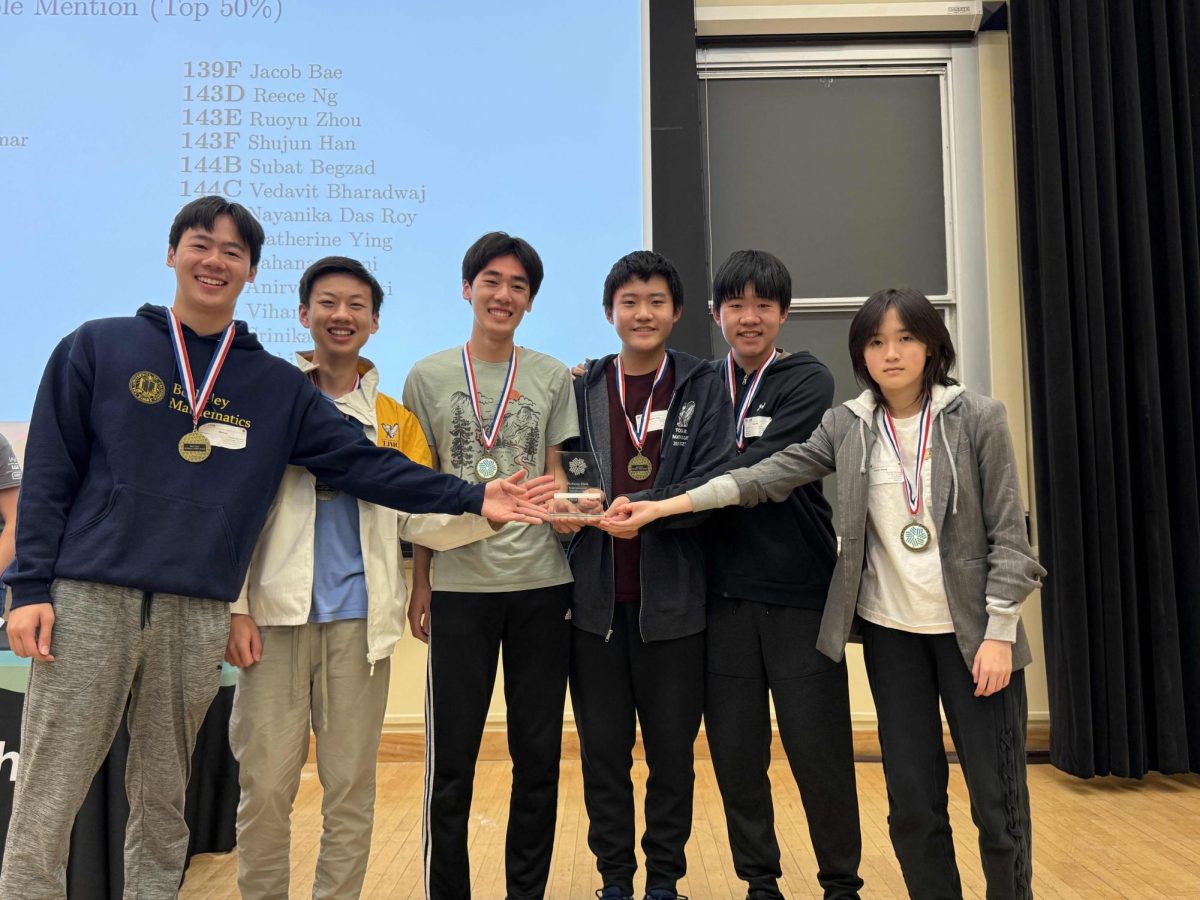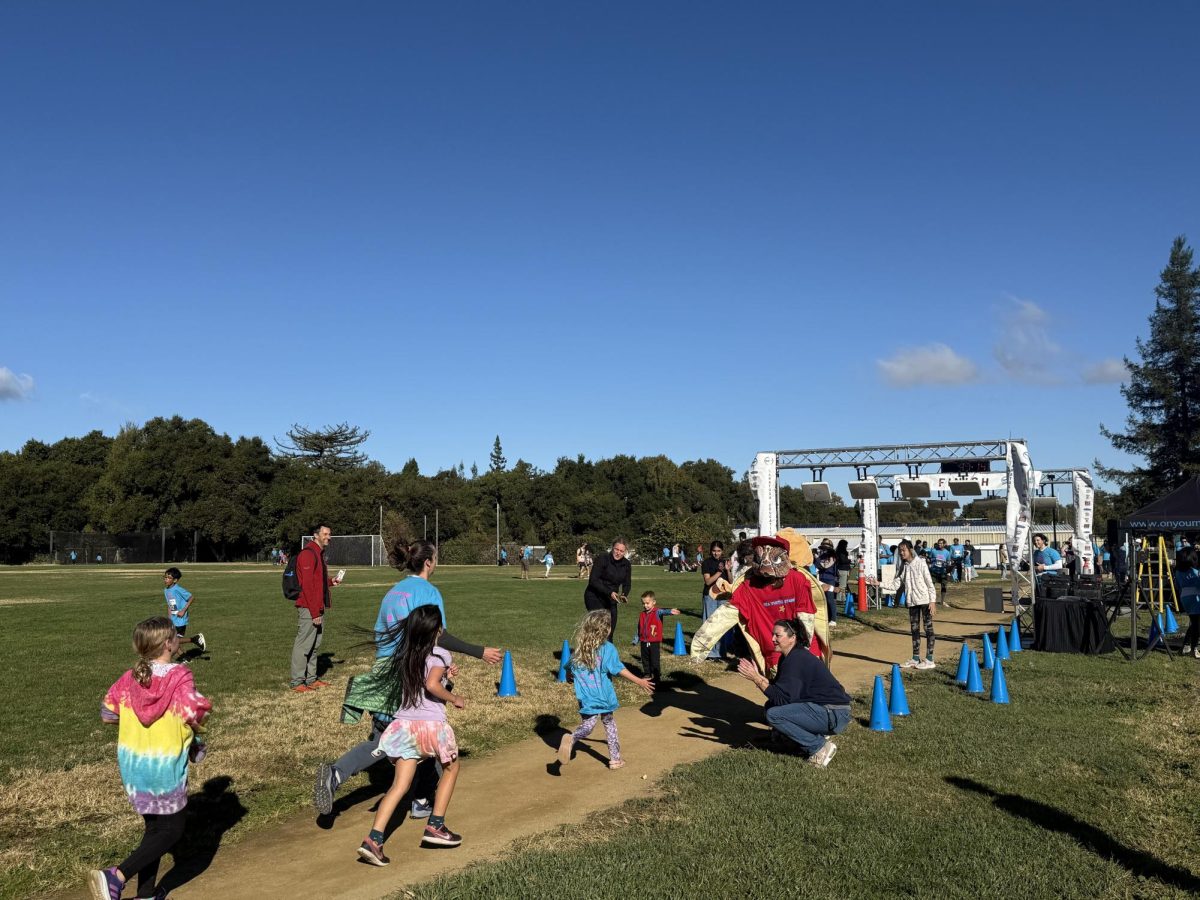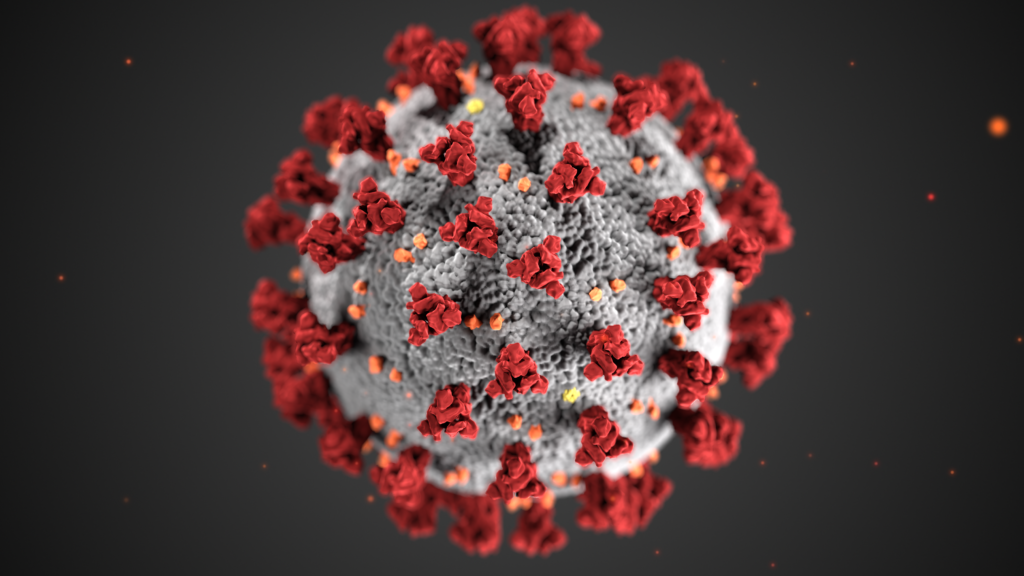Due to the recent spike in COVID-19 cases resulting from the highly transmissible omicron variant, some students, parents and teachers alike are calling for a return to online school, if only for a few weeks. Currently, however, the in-person policies put in place by the district have been adequate, and a pre-emptive switch to online learning makes little sense.
Required COVID-19 testing for close contacts that evolved into the new weekly testing mandate available on Tuesdays, Thursdays and Fridays are necessary precautions the district has taken, along with providing better N-95 and KN-95 masks to all students and staff. The district has also had a comparatively low number of cases as of late, so we still have time to tame the virus before any drastic steps need to be taken.
In-person schooling remains imperative to maintain the academic and social wellbeing of students. Online school will only place a steep roadblock in their success, halting their academic momentum and incentivizing them to engage in distractions.
The pace and events of in-person school prompts students to adopt a regimental approach to academics that forces them to find the schedule and habits that work for them. In-person school enables far more fluidity than online school, since all resources are readily accessible for students to utilize.
The academic component is arguably not the most important of online school. The biggest gripe I have with proponents of online school is their claim that it’s “flexible.” I don’t understand in what sense it’s flexible, since so much of it is limiting for students. The vast majority of activities are being done in the same room. Every single day.
With so many impediments online, the school had administered measures like asynchronous Wednesdays to help recharge and disconnect students. I loved these Wednesdays as much as everyone else, but after a certain point Wednesdays felt like an addition to the monotony instead of a fracture in it.
With the repetition of procedures, students become increasingly more complacent with an online lifestyle. Activities like walking to school, doing a science lab experiment or even just a quick hello to someone passing by aren’t apparently important until we don’t have them. Succumbing to the same day of constrained activities deliberately harms students’ overall health, and it’s unsustainable for extended periods of time.
Social interactions and mental health as such are jeopardized. When caged up in a room staring at fellow black squares with names for months on end, it can quickly become quite lonely to not interact with someone face-to-face.
With apps like Discord and Facebook Messenger, social interaction isn’t completely limited; however, it still is undeniably less effective than going to a club during lunch or working with a friend during tutorial.
The effects of low social interaction and other pandemic consequences have resulted in an uptick in mental health issues. According to a report by the CDC, as of February 2021 around 41.5% of adults and adolescents report symptoms of anxiety and depressive disorder due to online work and school.
Why return to this if we can help it?
Without such interaction, students will begin to feel cornered in their own home, which will slowly but surely deteriorate their mental health and lifestyle, which has lasting implications even if online school ends.
I am very aware that online school as a tool is intended to keep everyone safe, and to that, I cannot object if a pandemic is currently ravaging the world. However, while SHS is still in-person, we as a student body should keep this format for as long as possible. The better we do our part to fight the pandemic, the longer we’ll stay in person and the better we’ll emerge from it.


























